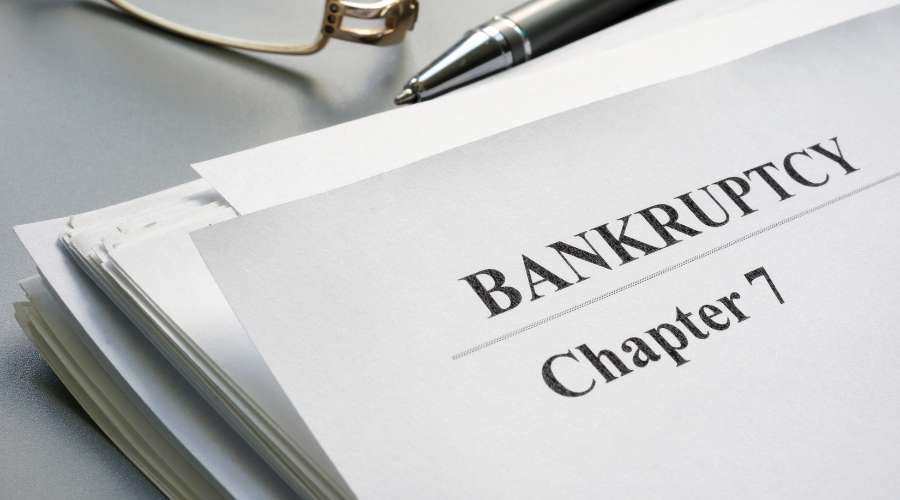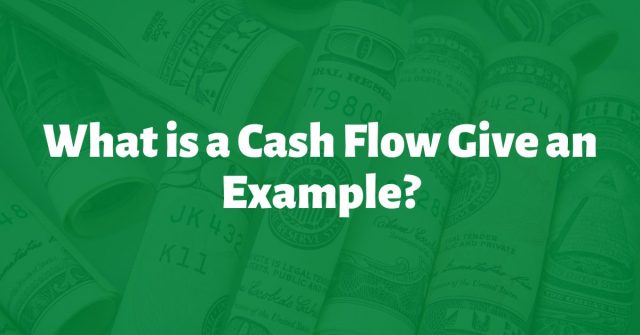Declaring bankruptcy can be seen as a scary and daunting prospect for many, but it can also be a way out of overwhelming debt.
Bankruptcy is a legal process whereby individuals can request a court order that allows them to either liquidate or restructure debts that they cannot afford to repay. There are several different types of bankruptcy, such as personal bankruptcy, business bankruptcy, and student loan bankruptcy.
The first type of bankruptcy applies to individuals who are declared as being unable to repay their debts, such as those who do not have the income to support their repayments. The second type of bankruptcy is for businesses that are not able to pay their creditors.
The third type of bankruptcy is for individuals who have acquired a large amount of student loan debt and are unable to repay it as they are expected to. The fourth type of bankruptcy is a hybrid of the first two types and applies to both individuals and businesses.

Pros of Declaring Bankruptcy
There are a number of advantages to declaring bankruptcy, including being able to start fresh with a clean financial slate. Once you have declared bankruptcy, you can no longer be sued by creditors for your unpaid debts, which can be a huge relief.
Additionally, some types of debt, such as credit card debt, can be discharged in bankruptcy, which means they are no longer legally obligated to repay this type of debt. There are also some tax advantages to declaring bankruptcy, including the ability to deduct certain expenses from your income. If you have a large amount of unsecured debt, declaring bankruptcy may be the only way to get out from under it.
Cons of Declaring Bankruptcy
There are many negative consequences of declaring bankruptcy that must be considered before making the decision. Although some types of debt can be discharged in bankruptcy, others cannot. If you have a home loan, student loan, or car loan, these types of debt cannot be discharged in bankruptcy.
This means that you could lose your home or car, or be unable to take out another loan, such as a home equity loan, in the future. Additionally, declaring bankruptcy can have a negative impact on your credit score and make it difficult to secure financing in the future.
Furthermore, declaring bankruptcy can be a long and complicated process, with no guarantee that you will be granted a discharge in the end. If you are able to repay your debts, this could be a better option than declaring bankruptcy.

Types of Bankruptcy
There are four different types of bankruptcy:
- Chapter 7
- Chapter 13
- Chapter 11
- Hybrid Chapter 11 Bankruptcy
Chapter 7 bankruptcy is applied to individuals who do not have any assets and do not wish to repay debts. In Chapter 13 bankruptcy, you repay a percentage of your debts and then have the remainder of your debts discharged. Chapter 11 bankruptcy is applied to businesses that cannot pay their creditors. Hybrid Chapter 11 bankruptcy is a combination of Chapter 7 and Chapter 13 bankruptcy.
The Process of Declaring Bankruptcy
If you decide that bankruptcy is your best option, you should start the process as soon as possible. At the very least, you should speak to a bankruptcy attorney before your debts become unmanageable.
Before you decide to file for bankruptcy, you will be required to attend debt counseling and have your assets examined by a court-appointed trustee. Filing for bankruptcy is a long and difficult process, but it could be the only way to break through your debt if you do not have a large enough income to cover your monthly repayments.
Alternatives to Declaring Bankruptcy
- Get a side hustle, such as driving for a rideshare company or becoming a freelance writer, in order to bring in some extra income to help you pay off your debts.
- Try to reduce your expenses, such as lowering your energy bill or shopping at cheaper grocery stores, in order to free up extra money to pay off your debts.
- Contact your creditors and ask for a repayment plan that you can easily afford.
Get an interest-free loan or a line of credit in order to help you pay off your debts. Before you do this, however, make sure you understand the terms of the loan and can make the necessary payments on time.
Conclusion
Declaring bankruptcy can be a scary and daunting prospect, but it can also be a way out of overwhelming debt. In today’s economic climate, bankruptcy is becoming an increasingly popular option for those struggling to pay off their debts due to job loss, medical expenses, or other unforeseeable circumstances.
While filing for bankruptcy can be a difficult decision to make, it is important to understand the advantages and disadvantages of declaring bankruptcy in order to determine if it is truly the best option for you.
